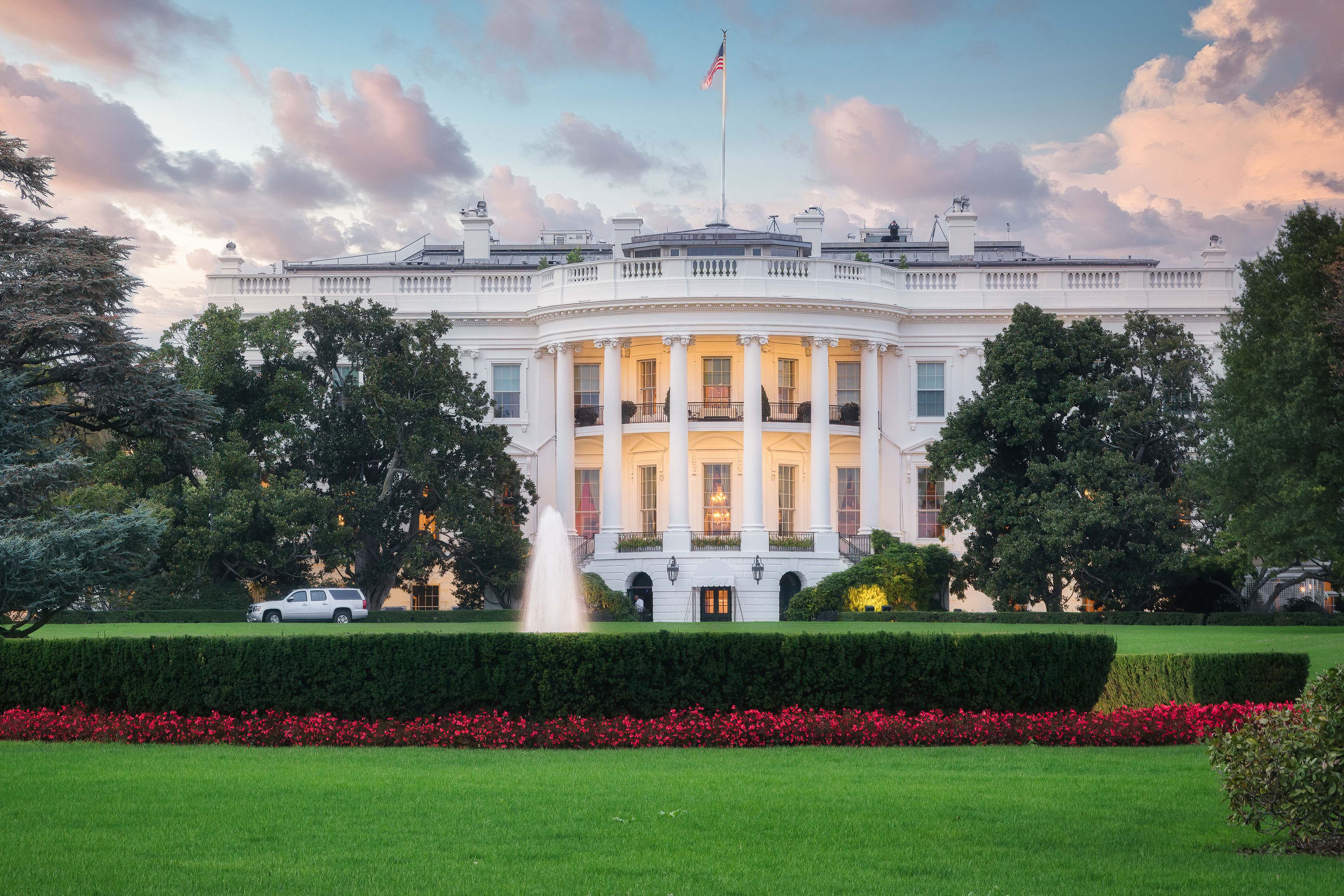EY refers to the global organization, and may refer to one or more, of the member firms of Ernst & Young Global Limited, each of which is a separate legal entity. Ernst & Young Global Limited, a UK company limited by guarantee, does not provide services to clients.
US election 2024
Access the latest updates on the evolving legislative and regulatory implications.
Eleven gubernatorial races will be decided, with at least eight states poised to welcome a new governor due to term limits or an incumbent’s decision not to seek re-election. Legislative elections will be held in 44 out of 50 states, deciding approximately 5,800 legislators (79%) in 85 of the nation’s 99 state legislative chambers.
While several important state tax-related measures are on the ballot this election cycle, a few stand out as especially significant. If approved, Oregon Measure 118 would impose a new 3% minimum tax on corporations’ Oregon gross sales exceeding $25 million, beginning in 2025. San Francisco Measure M, if approved, would substantially revise the city’s business taxes beginning next year, including rate changes and how several of the taxes are calculated. Other measures would implicate future tax policy decision-making.
Further, with large portions of the Tax Cuts and Jobs Act set to sunset in 2025, the results of the 2024 federal elections will determine the path forward for federal tax policy. However, state elections and the ensuing legislative sessions, in which all states will have to pass a budget, will ultimately shape how states align with or diverge from federal tax policy moving forward.






